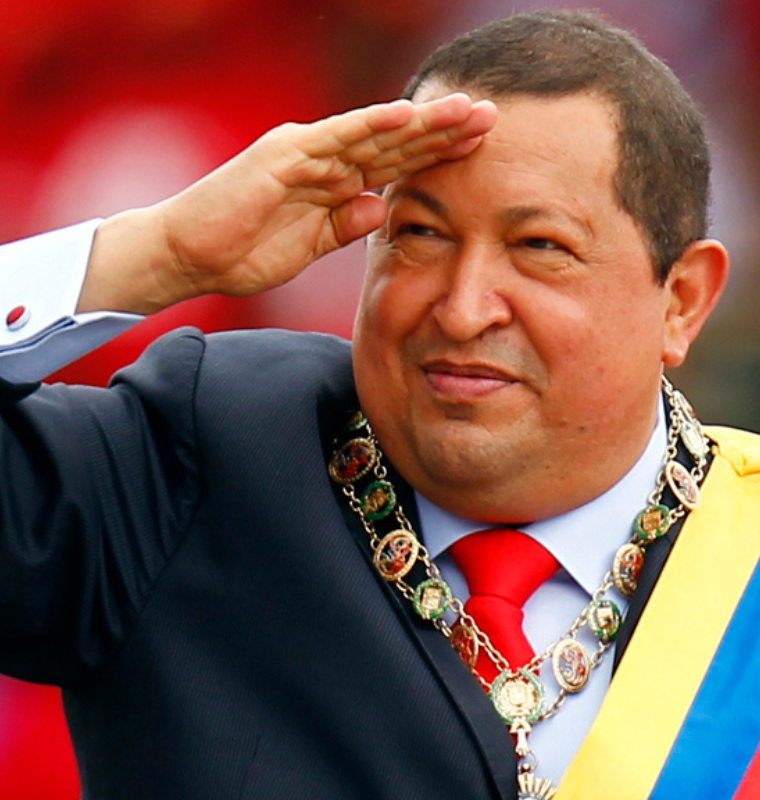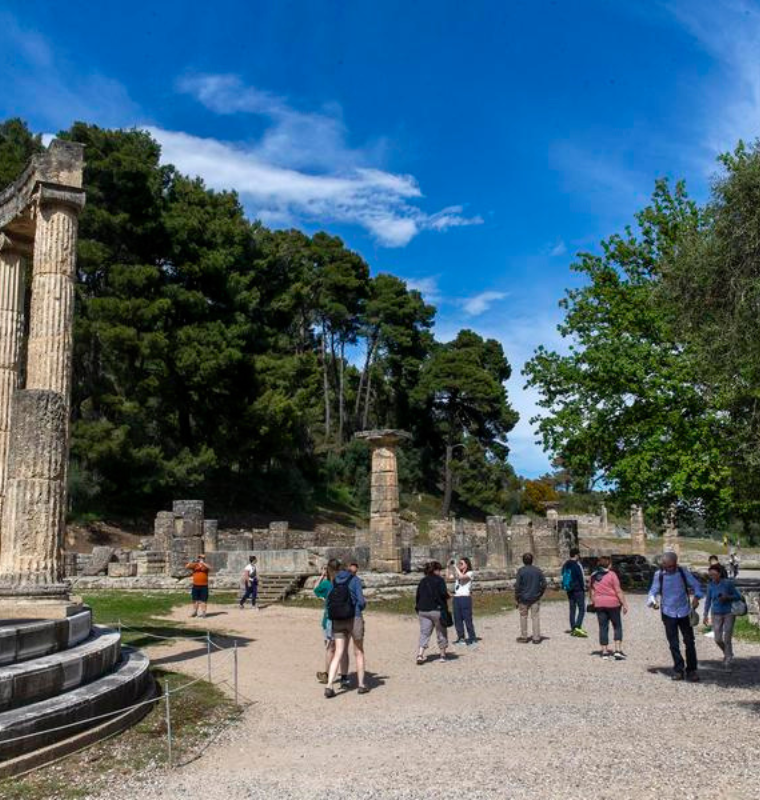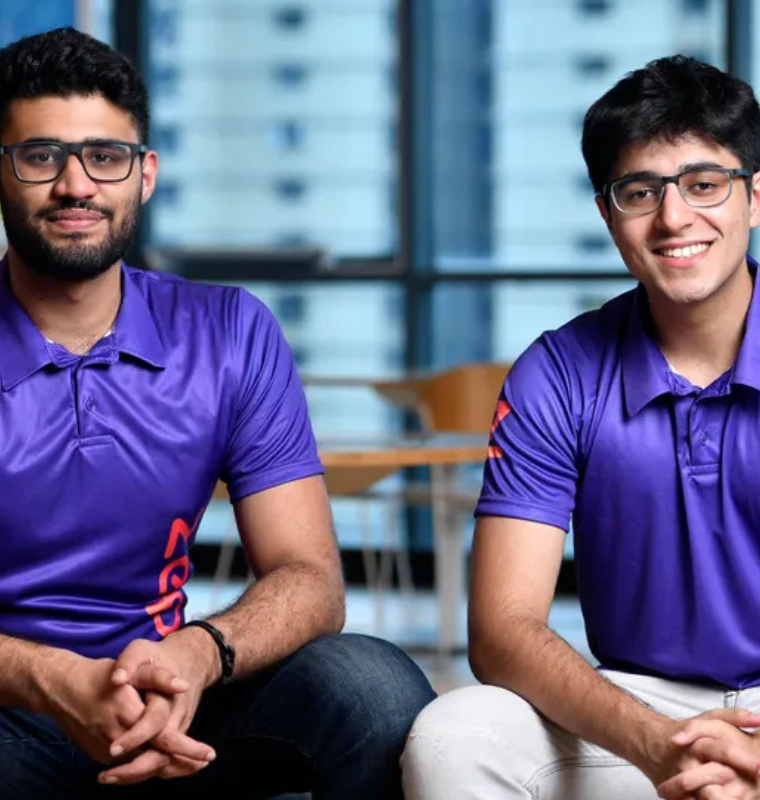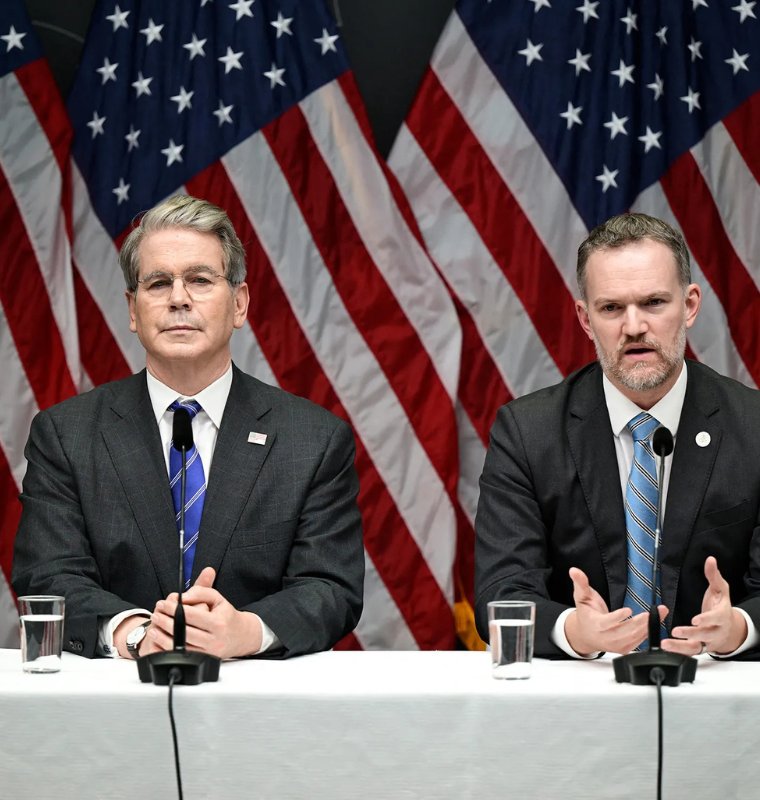AI Is Redefining the Advertising Industry — Top Executives Reveal What’s Changing and What’s Coming Next
AI Is Redefining the Advertising Industry — Top Executives Reveal What’s Changing and What’s Coming Next
By
Calder Monroe
Last updated:
June 15, 2025
First Published:
June 15, 2025

Photo: eLearning Industry
The advertising world is undergoing one of the most significant shakeups in its history — and the driving force behind it is artificial intelligence.
What was once a creative field dominated by agencies and human intuition is now rapidly transforming under the pressure — and promise — of generative AI. According to industry leaders, AI is not just another tool in the marketer’s toolkit; it’s redefining how ads are created, delivered, and optimized, at a pace the industry has never seen before.
“This AI disruption is unnerving investors in every industry, and it’s totally disrupting our business,” said Mark Read, the outgoing CEO of WPP, the world’s largest advertising group by revenue, in a candid interview with CNBC at London Tech Week.
Generative AI: The Engine Behind the Shift
The rise of AI tools like OpenAI’s DALL·E, Google’s Veo, and Midjourney has enabled brands to generate high-quality images and videos in seconds — a process that once took entire creative teams days or weeks. These platforms are now being used to automate ad visuals, conceptualize branding elements, and produce multiple versions of creative assets for A/B testing across markets and demographics.
AI can also instantly craft data-driven messaging tailored to specific audiences, improving conversion rates and engagement while significantly reducing costs.
“We’re seeing an exponential acceleration in content production,” said Maurice Lévy, chairman and former CEO of French advertising giant Publicis Groupe, speaking at the Viva Technology Conference in Paris. “Personalization at scale is no longer aspirational. It’s happening right now.”
WPP’s AI Play: 50,000 Employees Already Onboard
Under Mark Read’s leadership, WPP developed its own AI-powered marketing platform, WPP Open, which is now actively used by over 50,000 employees across the company’s global operations. The platform helps generate creative briefs, build media plans, optimize ad delivery, and adjust campaigns based on real-time performance data.
“That, I think, is my legacy,” Read said, reflecting on the tool’s influence within the company and across client campaigns.
Industry-Wide Adoption and Consolidation
A Forrester Research report published in mid-2023 found that over 60% of U.S. advertising agencies are already using generative AI, with another 31% in the experimentation phase. From startups to conglomerates, agencies are under pressure to integrate AI or risk falling behind.
This widespread adoption is also driving industry consolidation, as smaller firms struggle to keep pace with the resources and infrastructure required to implement AI at scale.
“AI will change everything — from how pitches are written to how campaigns are optimized in real-time,” Read explained. “Companies that resist it will simply be left behind.”
Will AI Take Over Advertising Jobs?
As the technology becomes more advanced, a pressing concern remains: What happens to human jobs in advertising?
Maurice Lévy acknowledged that AI will “absolutely eliminate some roles,” especially in areas like copywriting, media planning, and basic design. However, he emphasized that new roles are already emerging — in AI training, prompt engineering, creative oversight, and ethical marketing.
“Every major wave of technological change has transformed the workforce, not destroyed it,” Lévy said. “We’ve seen this with the internet, smartphones, and now we’ll see it again with AI.”
He added that AI will enable “more autonomous work” and allow individuals to focus on higher-value creative strategy, storytelling, and insight generation.
Consumer Backlash: A Growing Challenge
Not everyone is embracing the AI takeover.
According to a Gartner survey from September, 82% of consumers believe companies using generative AI in advertising should prioritize human jobs — even if that means lower profits. This reflects growing public skepticism about AI’s effect on creativity, employment, and authenticity.
“Brands must pivot from what AI can do to what it should do,” said Nicole Denman Greene, a marketing analyst at Gartner. “AI’s value lies in helping brands produce more meaningful, differentiated, and culturally relevant content — not just flooding channels with automated ads.”
Greene emphasized that marketers should use AI to drive groundbreaking insights, serve underrepresented audiences, and deliver hyper-personalized experiences that genuinely add value.
A Future Shaped by Algorithms and Imagination
The consensus across the industry is clear: AI isn’t just an emerging trend — it’s a foundational shift. From faster content pipelines to AI-powered media buying, the rules of the game are being rewritten.
But as Lévy noted, AI remains a tool, not a replacement for creativity.
“It’s not about AI versus humans. It’s about humans with AI,” he said. “The winners will be those who know how to blend machine intelligence with emotional intelligence.”
As advertisers navigate this high-speed transformation, one thing is certain: those who embrace AI thoughtfully — while protecting the human soul of storytelling — will shape the future of the industry.
Popular articles
Subscribe to unlock premium content
How Cities Like Lisbon, Bali, and Dubai Are Evolving in the Age of Remote Work

How Hugo Chávez Reshaped Venezuela and Set It on a Path to Collapse

Is Global Tourism Recession-Proof or Just Resilient?

How Cities Like Lisbon, Bali, and Dubai Are Evolving in the Age of Remote Work

How Hugo Chávez Reshaped Venezuela and Set It on a Path to Collapse

How Cities Like Lisbon, Bali, and Dubai Are Evolving in the Age of Remote Work









